#pastoral scene
Text
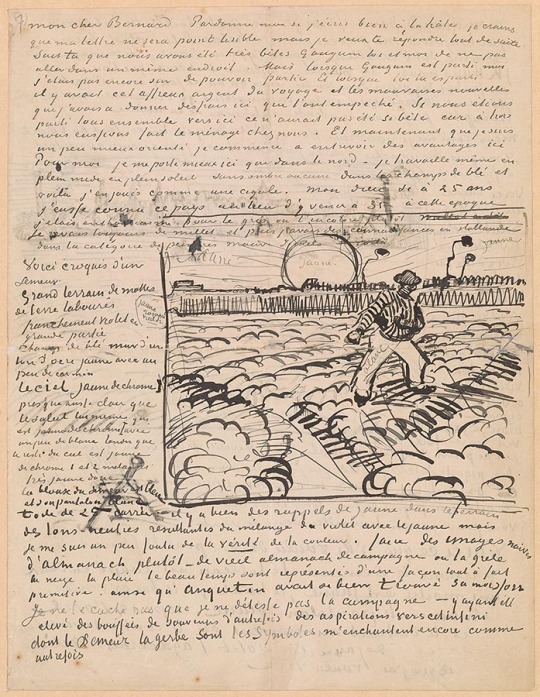

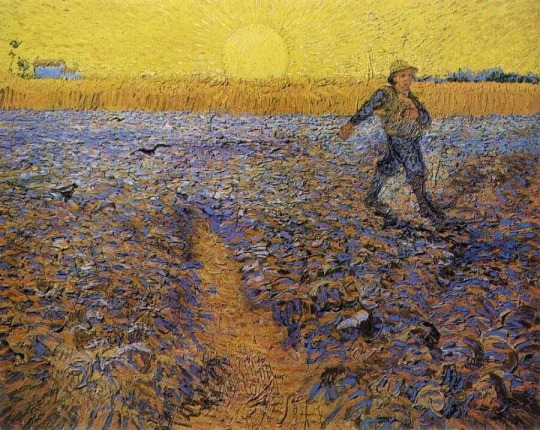
Vincent Van Gogh, Sower at Sunset Sketch/Letter, 1888
Vincent Van Gogh, Sower at Sunset Sketch, ca. 1888
Vincent van Gogh, Sower at Sunset, 1888
#vincent van gogh#post impressionist art#post impressionism#dutch artist#dutch painter#french art#french painting#pastoral scene#landscape#landscape painting#landscape art#modern art#art history#tumblr art#aesthetic#beauty#sketch#sketch art#art sketch
108 notes
·
View notes
Text
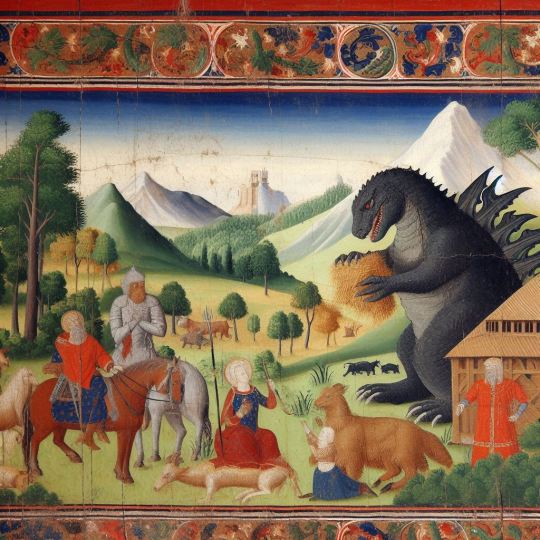
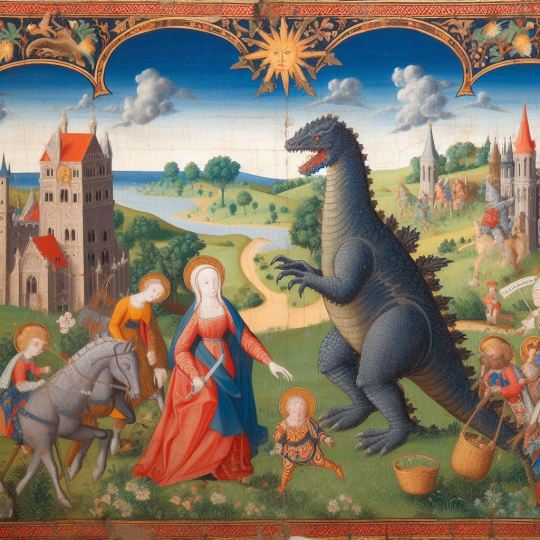
Painted screens showing Godzilla in pastoral scenes
97 notes
·
View notes
Text
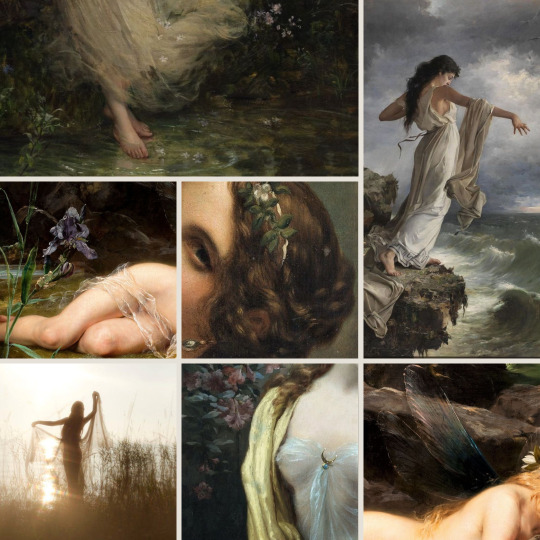
"And I will make thee beds of Roses
And a thousand fragrant posies,
A cap of flowers, and a kirtle
Embroidered all with leaves of Myrtle;"
(The Passionate Shepherd to His Love. Christopher Marlowe.)
#romanticism#poetry#nymph aesthetic#nymphcore#nympette#classical art#neo classicism#artemis#forestcore#cottagecore#fairycore#literature#faerie#faecore#pastoral beauty#pastoral scene#cottage#flowers#romantic movement
90 notes
·
View notes
Text
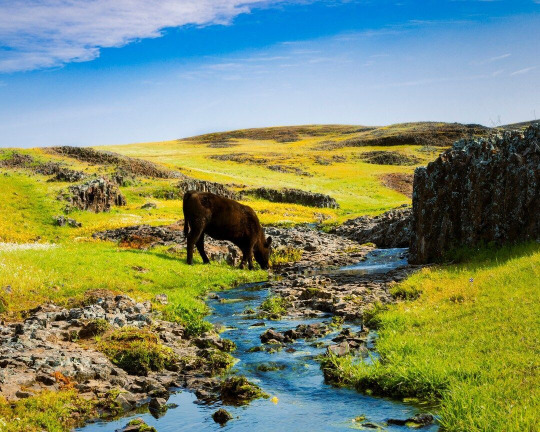
While walking along the trails of the Table Mountain Ecological Reserve in Butte County California with my lovely bride I saw this heifer grazing near this small seasonal stream. I watched her for about 10 minutes waiting for her to give me a pose I liked and she finally obliged by getting a drink from the stream. I think it makes a wonderfully pastoral image with the spring wildflowers in bloom on the beautiful April morning.
n my Etsy shop: https://buff.ly/3S1j94E
Prints and merch on demand: https://buff.ly/3U5i4LQ
#springiscoming #springtime #ruralamerica
#original photographers#photographers on tumblr#northern california#original photographic works#original photography on tumblr#rural america#butte county#ranching#pastoral scene
18 notes
·
View notes
Text

The sheer joy of disappearing into a crowd
46 notes
·
View notes
Text

Poling the Marsh Hay, Peter Henry Emerson, 1886
#photography#vintage photography#vintage#black and white photography#peter henry emerson#1880s#1886#british#pastoral scene
25 notes
·
View notes
Text

Nicolaes Berchem (Dutch, 1620-1683)
Pastoral Scene, Detail, 1679
Norton Simon Museum
#art#Nicolaes Berchem#dutch art#netherlands#dutch#netherlandish#1600s#pastoral scene#fine art#european art#classical art#europe#european#oil painting#fine arts#europa
43 notes
·
View notes
Photo
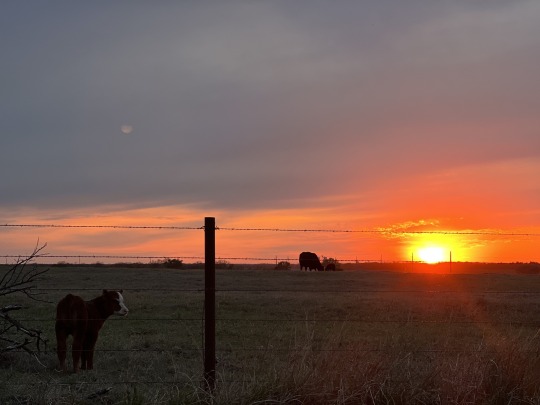
Just a calf hanging out, taking in the stunning Kansas sunset that's setting the sky ablaze. Makes you want to soak in the tranquility, right?
#calf#Kansas#sunset#sky ablaze#tranquility#nature#peaceful#wildlife#country life#rural vibes#golden hour#dusk#pastoral scene#earthy tones#serene
10 notes
·
View notes
Text

#ai#ai art#sexy ai art#stable diffusion#ai woman#ai girl#seductive#sexy#ai nude#ai painting#pastoral scene#beauty#bare breasts#sexy pose#nude woman#sexy content#female nude#nudity#hot nude#sexy ai#sexy nude
11 notes
·
View notes
Text
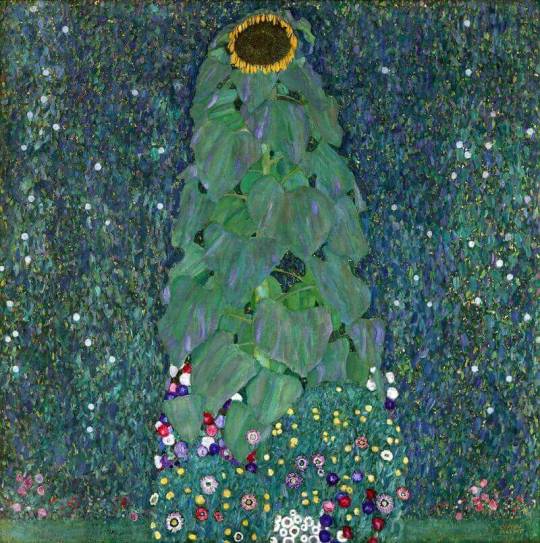
Gustave Klimt (Austrian, 1862-1918) • The Sunflower • 1907 • Private collection
#vienna secession#art nouveau#pastoral scene#flowers in art#gustave klimt#australian painter#art#painting#fine art#art history#early 20th century art
13 notes
·
View notes
Text
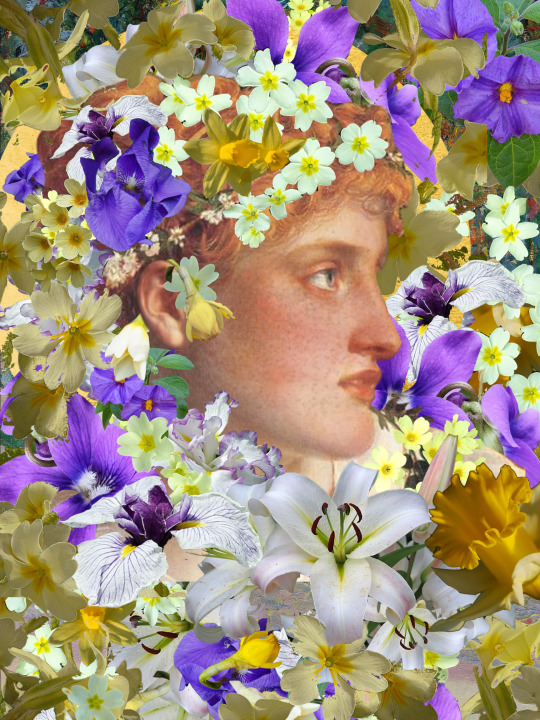
Perdita of Sicily and Bohemia
Princess, Daughter of a Shepherd or Shepherdess, Daughter of a King?
The Winters Tale. post - Act 5. Scene 3.
All but Perdita exit. She looks off.
Perdita speaks.
I wonder if there is more story here.
[a pause]
There is, of course. There always is.
A story cannot stand alone -
Not one line holds the next line back
For fear his time will not be shown.
A man writes words, woman recites
Here we go, never-ending plight
And yet I stand here,
Woman, wife, daughter, princess
And even now I wish for more -
Or else, perhaps. A shepherdess,
With the name of royalty.
[Another pause. She laughs without humor.]
A shepherdess! A shepherdess, or a princess?
Who can tell the difference now.
I stand here with red skin and calloused fingers
I use lanolin to treat them, but here!
Where are my sheep, my care?
Sicily’s cold coast holds me away
And my wool will be fine now -
Spun by someone far away,
Carded and combed and washed
By a woman I will never meet.
A farmer in the employ of my father -
My father, a man called Leonates - a king -
Not the shepherd of my upbringing,
Not my beloved carer, but a man in a castle
Who cast me away, doomed my mother to death,
At a glance which he now knows was nothing
Leonates claims me as his own daughter, now
But as an infant - fresh from the womb,
The most innocent of gods creatures
He set me to die, to be left for the wild.
And I am lonely, here - I have a husband, my dear, Florizel,
but I knew him by another name not weeks ago,
And I knew not of his father - the King,
Another king, who now calls me daughter
While my own father stands there, beside me,
Dressed in finery I could never have imagined in my youth,
My brother beside him, his own fine clothes that do not fit
The fool I know him to be.
Here, they too, are called kin -
Leonates calls my father ‘brother,’ my brother ‘son’.
My mother, a woman I knew not of and then believed to be dead in only a minute,
Now suddenly stands tall, marble come to warm life.
And a brother, too - not that which has been with me through my childhood,
But another, dead from when I was hardly a day old. Shall I mourn him too?
A child, so much younger than I am now, dead nearly all my life,
but with blood and lineage the same as mine. He fell with grief,
for the woman he called mother his whole life, and I wonder where my grief should be? Should it be long gone, with the rest? Should I be celebrating this joyous reunion?
I should, I know! I know, I know, I know!
And still there are more to know - Paulina, who must be my mother’s -
(‘the queen’, instead, for I cannot find it in myself yet to call her mother,)
Handmaiden, a woman loyal beyond words.
She embraced me upon recognition, gave me words of comfort,
And so I am grateful to her,
And the man Antigonus, her husband, whom they tell me is long dead,
Killed while saving my life. My life, worth that of this noble man’s.
But Paulina stands as if she is indebted to me - she bids me bow to my mother,
As if I was not mourning her death but a moment ago -
This, I think! I am told I have a mother, told she is dead, told we are to see her likeness, told she is alive
And now Leonates wishes us to speak
To know one another, our lost time -
Must I? Must I know this life?
I am happy with my love, and with the wealth my father and brother, the shepherds, have received
I would not deign to lack forgiveness, for the gift I have been given
In love, and wealth and family, both old and new.
But here I stand and I miss my sheep! One, I had raised since its birth
An ewe, by the name of Dorcsa - a light joke, a tease amongst friends.
Dorcsa now, I wonder, looks for me.
I know full well she does not - I know the nature of sheep,
So long as one is feeding them,
they have no wist for those who have fed before
So perhaps she looks not for me,
But I for her - I see her, and myself, a youth,
Embracing her warm coat, picking burrs out of the wool
which I would later help my father to carefully shear.
I had imagined I would do this - shearing and burr-picking
- And feeding and grazing and corralling -
For the rest of my life, and now I know not if I will do it ever again
It is hard work, for certain, but it is the work I know.
Will the calluses on my hands go soft?
Will my skill with the sheep waver?
Will I know no-longer how to create yarn from the raw wool,
will I remember only bits of my once treasured profession?
[A pause. She is imagining her sheep, and then she looks back towards where Hermione’s ‘statue’ had stood.]
I had dreamt of my mother, throughout my youth,
And yet even today, with Kings and Lords pronouncing the power of dreams,
I know that this visionary image was not the woman who has now come to life,
As a child, and, I must confess, even so recent, I did not picture
The Queen Hermione, who stands before me now and tells me I am her own.
I saw, in those dreams, another woman, a working woman,
who shared my freckled skin and sun bleached hair,
not the pale visage and carefully arranged locks of the Queen,
and this woman, my imagined mother,
wore a crown of daisies, not gold, as Hermione does even now,
As the man my father Leonates takes her away from this old house.
I am old enough now, I know now well enough,
That this was not some ought but natural vision
But only the imagination of a youth
Who had never known from whose breast she came.
Somehow, though, I think that woman from the dream
May have made more sense as the mother to me,
A woman who now stands as a Princess - in two ways,
That of Bohemia and that of Sicily!
And yet wishes for the fields and labor that she has always known.
My new father-in-law, at the feast which I hosted,
Which seems ages ago now, in my lost home of Bohemian fields,
Said that I appeared noble, despite my poor family.
“She smacks of something greater than herself,” he said,
When he did not think I could hear, “Too noble for this place,”
He called me, and I heard, and at the time, I thought it a compliment.
I am noble, I had thought, while I danced like a child, I do appear great.
Now I think of how he must have meant it - a girl pretending,
Imagining she could be good enough, noble enough,
to marry the Prince to whom I am now wed.
Well it is alright now, Polixenes must have said,
now that I know from whose loins she came.
The noble Leonates,
who would cast an infant away for no crime of its own,
who would send his noble wife to prison because of an anxious thought.
It is his daughter, his offspring, who may marry Florizel,
Not the daughter of the poor Shepherd,
Who would find a baby alone and take her in with no question,
Who would raise her as his own, with all the love in his heart.
I told Florizel, back in Bohemia,
“I told you so,” I told him,
That nothing good could come of our relationship.
I told him, “I’ll queen it no inch farther,
But milk my ewes and weep.”
And now I do not weep, and I am without my ewes,
And I am likely to someday be Queen,
Alongside the king of that man I met by chance,
When I thought my life would be only ewes and pastures.
So now I stand here in this empty hall.
Soon enough I shall rejoin my family -
those who have lived by that name for many years,
and those who have not.
But for just a moment I will mourn.
The shepherdess Perdita, who is named for loss,
With the red cheeks and freckled skin and mess of hair
And the shepherd family and the rural home and the sheep named
In gentle teasing of friends.
And I will allow her to leave, sail away on the west wind,
Back to her rolling hills and her sheep and her childhood,
As I step towards the Princess of Sicily and Bohemia.
I wrote / made this for class lol but I was proud of it. Perdita is a character in Shakespeares The Winters Tale, who is a princess abandoned by her royal father as an infant and raised by a shepherd and his son. At the end, she has very few lines but basically seems to just accept her new life, and I wanted her to have something to say - my first stage direction here is meant to sit at the very end of the play.
I photoshopped the image myself - it's from a painting by Frederick Sandy's that's just called Perdita. The flowers are all ones she mentions in (one of? I can't remember) her first appearances in the play.
I wrote a bunch about this because it was my final project for this class, but it's mostly rambling so I didn't put it here lol, probably already rambly enough.
#writers#shakespeare#the winters tale#perdita#pastoral scene#pastoralism#romanticism#my writing#my artwork#:)#does this count as digital art (me photoshopping real art)#poetry#soliloquy#my bs art
5 notes
·
View notes
Text
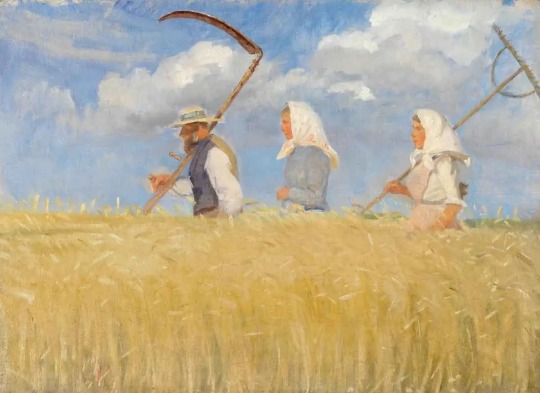
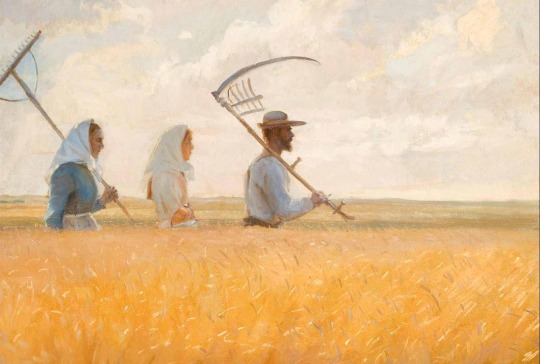
Anna Ancher, Harvesters, 1905
Anna Ancher, Harvest Time, 1901
#anna ancher#danish artist#danish painter#danish painting#danish art#woman artist#women artists#women painters#woman painter#landscapes#landscape painting#landscape art#pastoral scene#art on tumblr#modern art#art history#aesthetictumblr#tumblraesthetic#tumblrpic#tumblrpictures#tumblr art#aesthetic#beauty
44 notes
·
View notes
Text
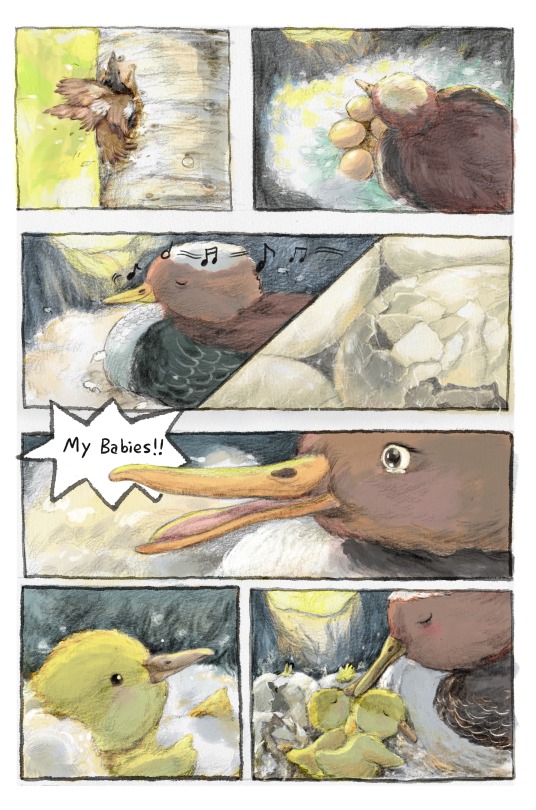

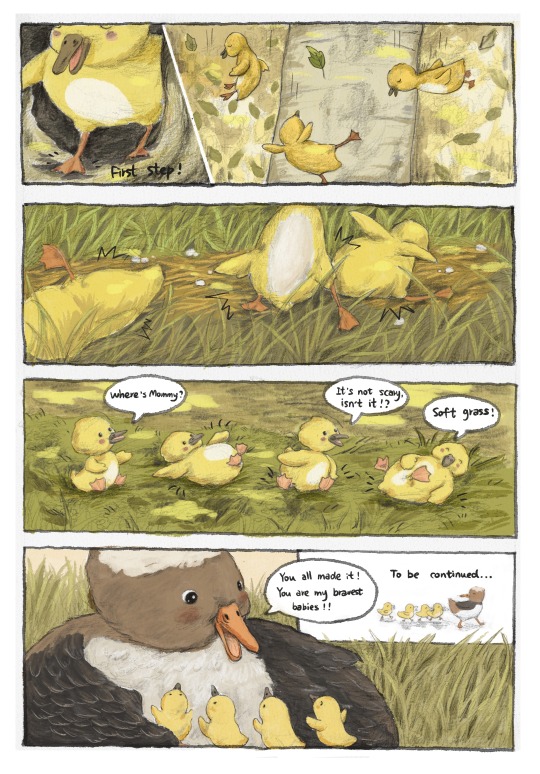
Merganser duck comic story
#nature#flowers#illustration#artists on tumblr#duck#fields#pastoral scene#family#kids#picturebookillustration#picture books#picturebookart#comics#comic books#grass#pond#cute
14 notes
·
View notes
Text
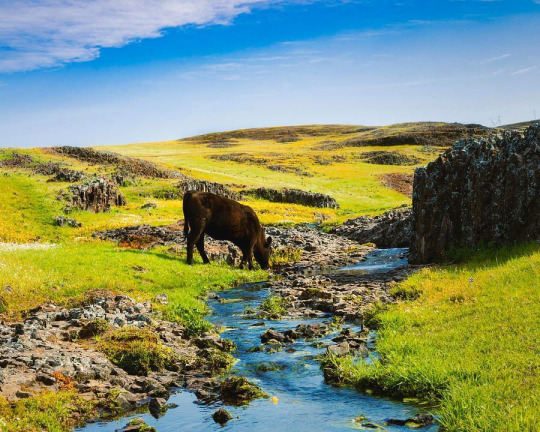
Pastoral Spring - Cow getting a drink at the Table Mountain Preserve - Butte County CA.
In my Etsy Shop: https://buff.ly/3S1j94E
Prints and merch on demand: https://buff.ly/3U5i4LQ
#ruralamerica#springtime#pastoral#tpeakphotos#northerncalifornia#northerncaliforniaphotographer#buttecounty#tablemountainpreserve
#original photographers#northern california#photographers on tumblr#original photographic works#original photography on tumblr#ranching#rural america#pastoral scene#northern california photo
10 notes
·
View notes
Text
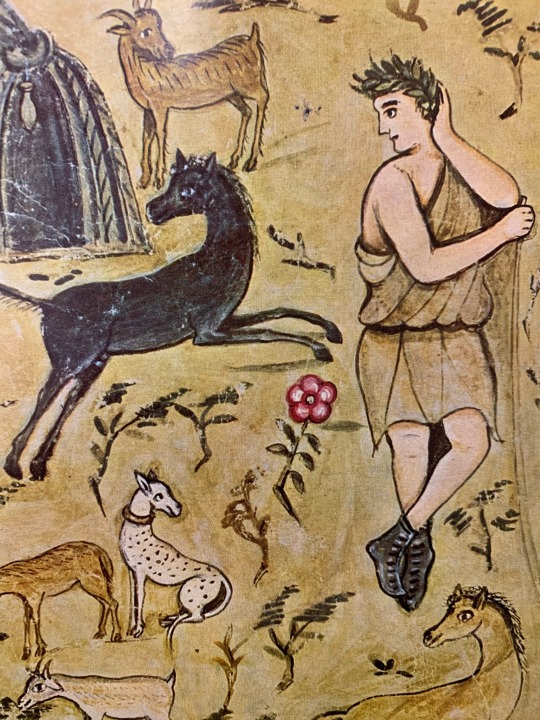
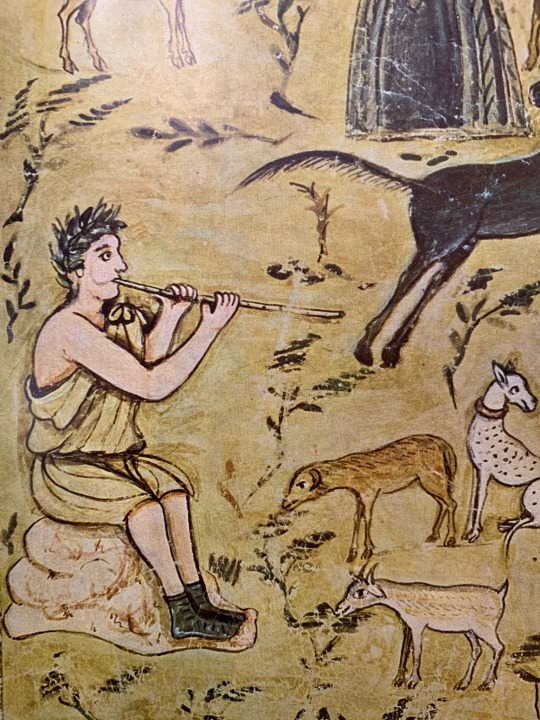

Vergilius Romanus. Shepards tending their flocks (Georgics, Book III). First half of the fifth century. Vat. Lat. 3867, Folio 44 verso, Biblioteca Apostolica, Vatican City.
Source: The Great Centuries Of Painting. Early Medieval Painting. From The Fourth To The Eleventh Century.
#my posts#Vergilius Romanus#history#5th century#pastoral#pastoral scene#late antiquity#early medieval#Roman Vergil#manuscript#medieval manuscripts#manuscripts
2 notes
·
View notes
Text

Purple mountain majesty.
4 notes
·
View notes